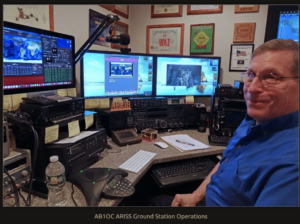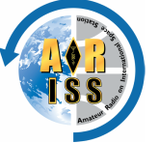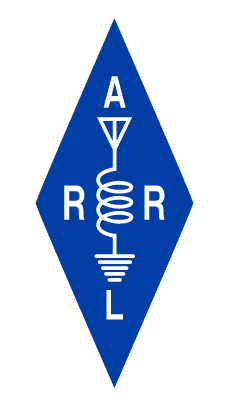 From ARISS:
From ARISS:
June 2, 2022—Amateur Radio on the International Space Station (ARISS) has received schedule confirmation for an ARISS radio contact between astronauts aboard the International Space Station (ISS) and the Matinecock District Boy Scouts in Centerport, New York. ARISS conducts 60-80 of these special amateur radio contacts each year between students around the globe and crew members with ham radio licenses aboard the ISS
The Boy Scouts of Matinecock District of Suffolk County Council, Boy Scouts of America (BSA), is located in New York on Long Island, and composed of about 52 units made up of youth ages 5-18 years. In addition to teaching youth outdoor skills, the BSA also puts a strong focus on STEM initiatives in several Cub Scout and Scouts BSA activities dealing with the sciences, robotics, engineering, and exploring all aspects of life. The venue provided for this ARISS contact is the Vanderbilt Museum & Planetarium in Centerport, New York, which has hosted events during the previous year in order to foster interest in space and space exploration for the scouts. During the year leading up to this contact, the scouts have been learning through STEM-based projects about the ISS missions, and amateur radio (including morse code practice).
This will be a telebridge Contact via Amateur Radio allowing students to ask their questions of Astronaut Kjell Lindgren, amateur radio call sign KO5MOS. Local Covid-19 protocols are adhered to as applicable for each ARISS contact. The downlink frequency for this contact is 145.800 MHZ and may be heard by listeners that are within the ISS-footprint that also encompasses the telebridge station.
The ARISS amateur radio ground station (telebridge station) for this contact is in Hollis, New Hampshire, U.S.. The amateur radio volunteer team at the ground station will use the callsign AB1OC, to establish and maintain the ISS connection.
The ARISS radio contact is scheduled for June 4, 2022 at 1:56 pm EDT (New York) (17:56 UTC, 12:56 pm CDT, 11:56 am MDT, 10:56 am PDT).
As time allows, students will ask these questions:
- What do you have to study after HS in order to have a career as an Astronaut?
- Could the ISS ever be self-sustaining and not need care-packages of food/water/oxygen from Earth?
- Are ISS teams only picked based on skills, or does NASA try to match personalities as well?
- How does the ISS stay safe from all the “space junk” floating around the Earth?
- Do you only do experiments in your field of expertise on the ISS or because of limited resources do you find yourself assisting others doing things you’re not as comfortable with?
- Is automated piloting better than manual piloting in terms of flight controls and docking?
- What one thing did you do as a young adult that you felt was your first significant step to becoming an astronaut?
- I’ve heard being in space can change you taste buds. Have you created any interesting or creative recipes to make space food taste better?
- How do they supply the ISS with constant oxygen?
- We saw a video of a gorilla suit prank on the ISS a few month ago. Has there been any other funny pranks?
- What jobs do you have to do on the ship?
- Do the astronauts get to bring something from home with them to space?
- I’ve heard astronauts from different countries will trade food. What country has the most popular dish on the ISS?
- In your personal opinion, what is the best and least best thing about being on the ISS?
- Can you swim in space when you’re floating?
- Can you feel the affects being in space has on your body? If so, what’s it like?
- Can you yo-yo upside down in space?
- Does the ISS have technology installed that could capture Unidentified Aerial Phenomena (UAP)like the US Navy has recently? Have you seen anything up there that you can’t explain?
- What does it feel like to go to space?
- I read that there was once water on Mars. Where did all the water go?
 About ARISS:
About ARISS:
Amateur Radio on the International Space Station (ARISS) is a cooperative venture of international amateur radio societies and the space agencies that support the International Space Station (ISS). In the United States, sponsors are the Radio Amateur Satellite Corporation (AMSAT), the American Radio Relay League (ARRL), the ISS National Lab-Space Station Explorers, Amateur Radio Digital Communications (ARDC) and NASA’s Space communications and Navigation program. The primary goal of ARISS is to promote exploration of science, technology, engineering, the arts, and mathematics topics. ARISS does this by organizing scheduled contacts via amateur radio between crew members aboard the ISS and students. Before and during these radio contacts, students, educators, parents, and communities take part in hands-on learning activities tied to space, space technologies, and amateur radio. For more information, see www.ariss.org
